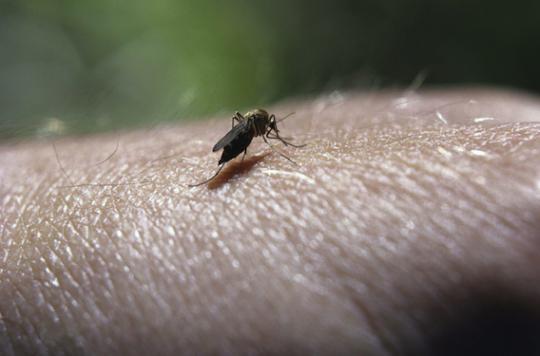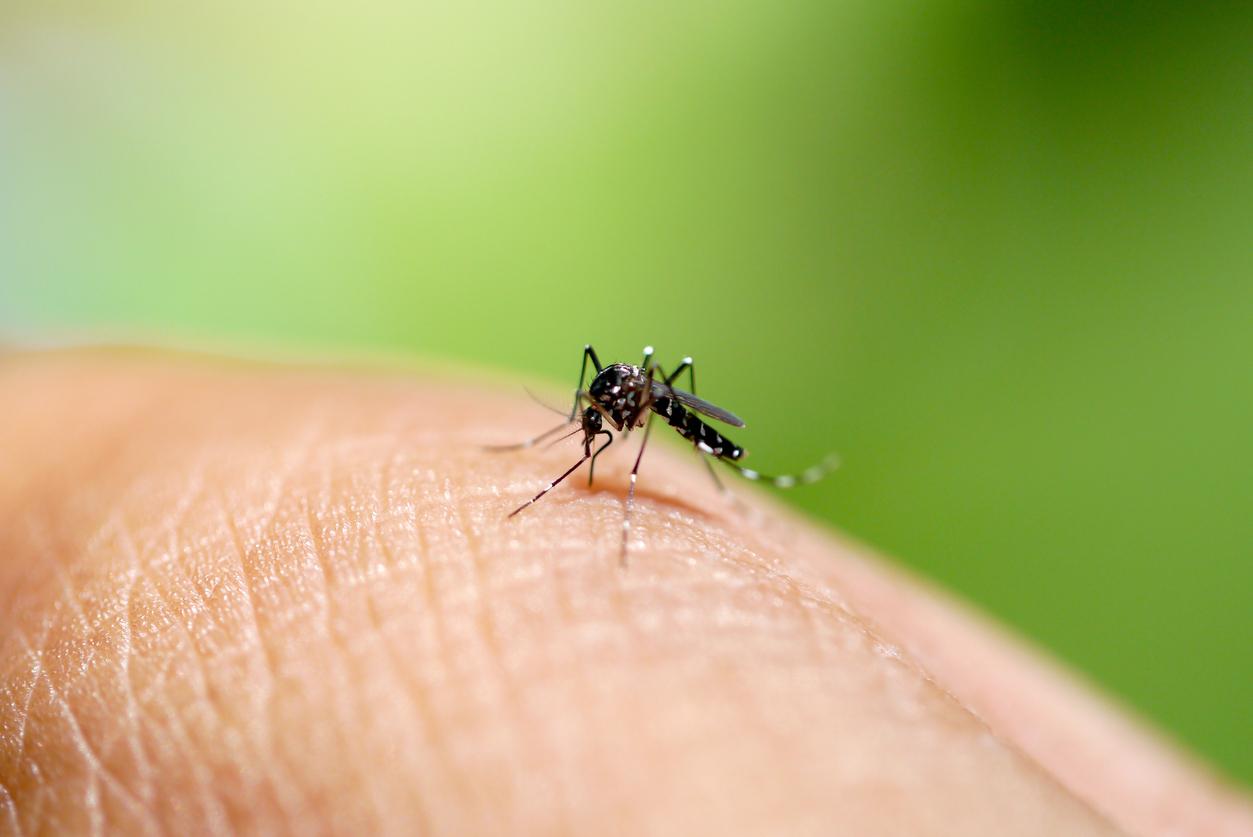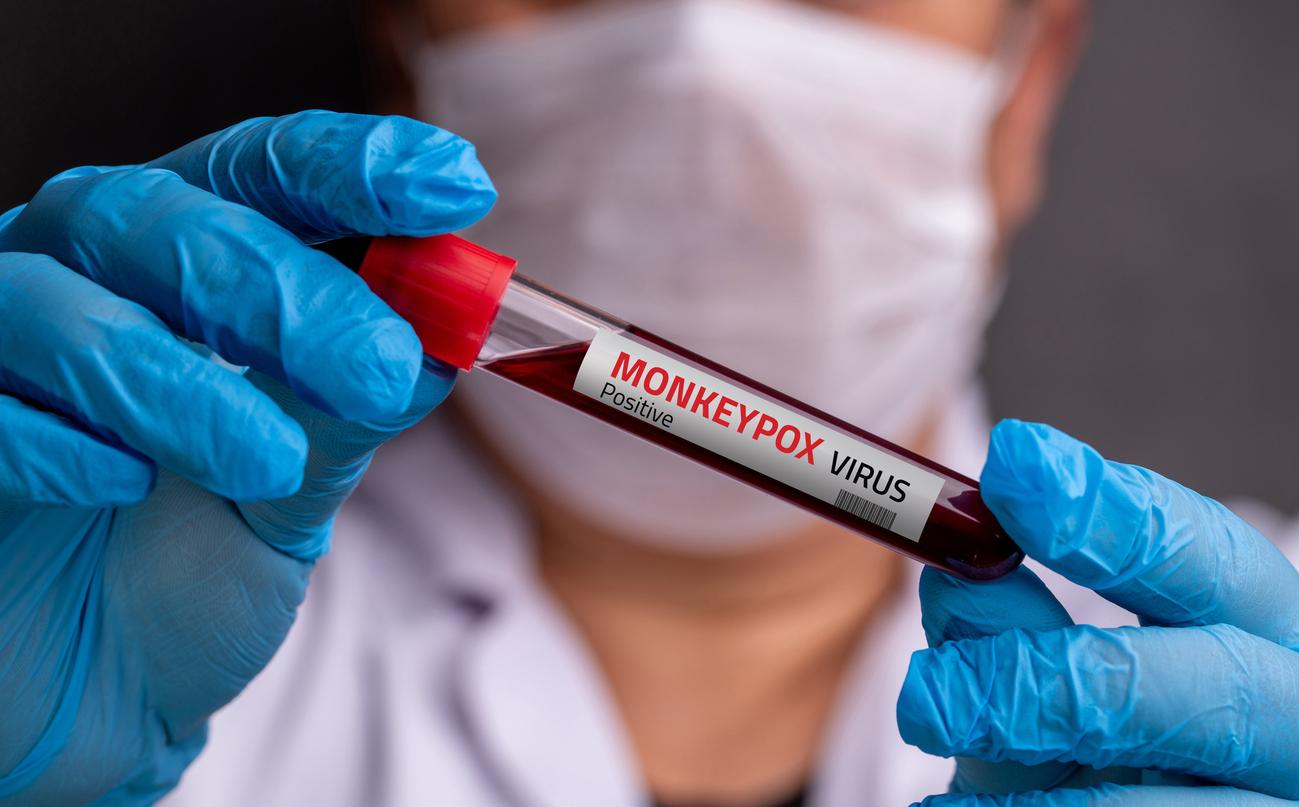A case of West Nile virus was detected in Nîmes in early October. Preventive measures should be taken against mosquitoes that transmit the disease.

- West Nile virus first appeared in France in 1962.
- Patients do not present symptoms in 80% of cases, but neurological complications are nonetheless possible.
- Since 2004, surveillance measures for the circulation of the virus have been strengthened during the season of activity of mosquitoes carrying the virus, and at the national level.
This is a first since 2003. The regional health agencies of Languedoc-Roussillon and Provence-Alpes-Côte d’Azur announced on Wednesday that a case of West Nile virus was diagnosed on October 2. The patient was taken care of quickly and is said to be in good health today.
Neurological complications
In mainland France, the virus appeared in the Camargue in 1962, then again in 2000. During the 2003 epidemic, seven people were affected in the Var, by this virus transmitted by bites of mosquitoes contaminated in contact with birds. Asymptomatic for 80% of patients, it can nevertheless cause flu syndrome and neurological complications that can lead to death. Mortality is estimated at 2% of cases.
The virus can also affect horses which, like humans, are accidental hosts. In other words, they cannot transmit the disease. Since this summer, several cases of the virus have been reported in equines, in different departments, such as Bouches-du-Rhône, Gard or Hérault.
Prevention and surveillance
The 2003 epidemic and the analysis of international data led to the proposal in 2004 of new surveillance and protection measures against the virus. Indeed, France has set up a system to monitor the circulation of the virus at the national level, but also reinforced seasonal surveillance in risk areas, during the period of mosquito activity.
Communication with the public to alert them to protective measures has been improved. People living in departments where the virus has been reported in recent years are urged to take precautions during outdoor activities.
They can protect themselves from mosquito bites by wearing loose clothing impregnated with insecticide, using mosquito lotions and skin repellents, and by using mosquito nets and electric diffusers in the home. .
This prevention is all the more important since there is today a vaccine for horses, but not for humans.
.















